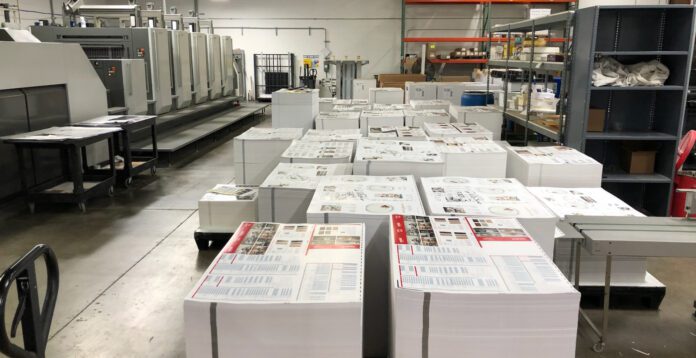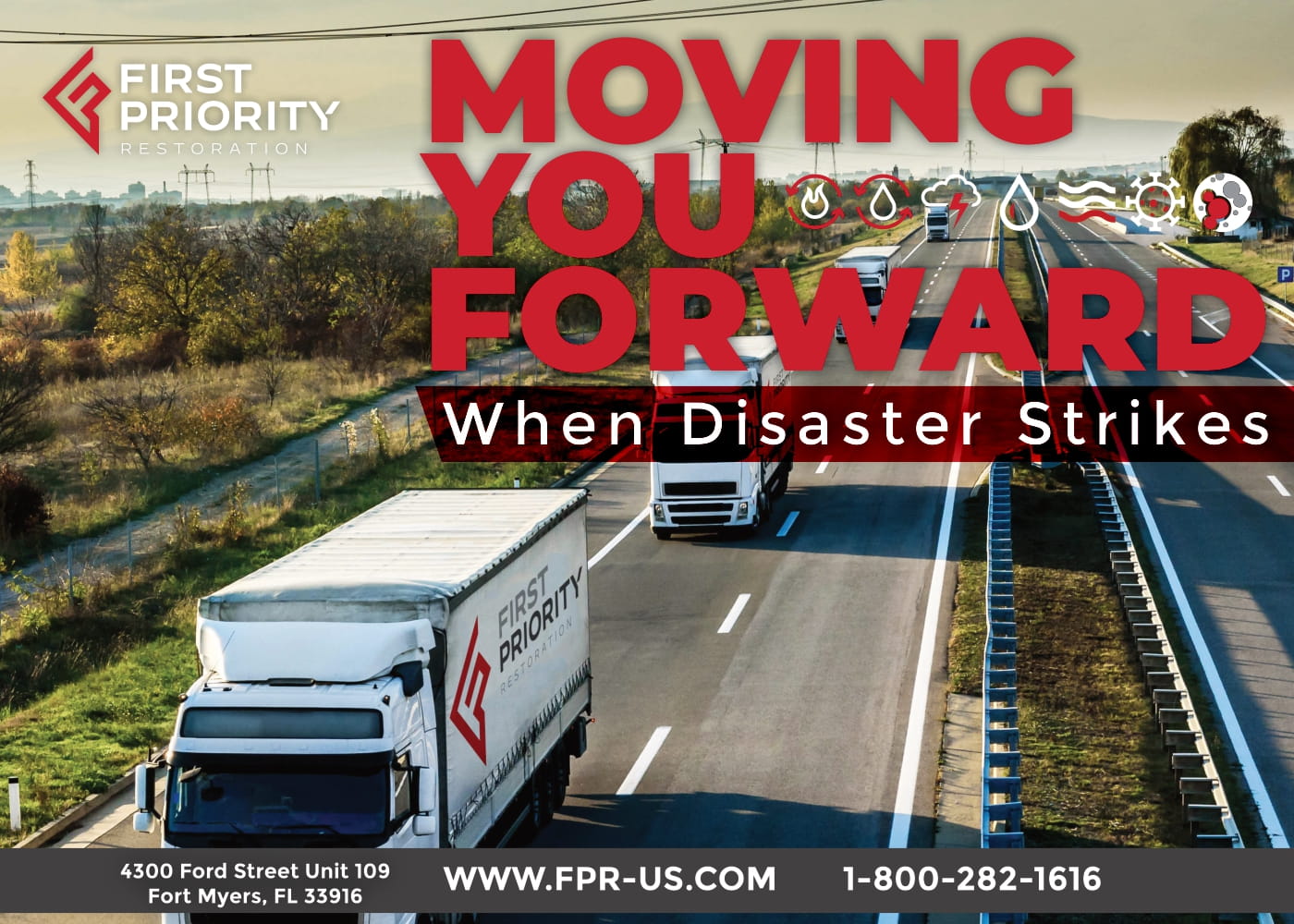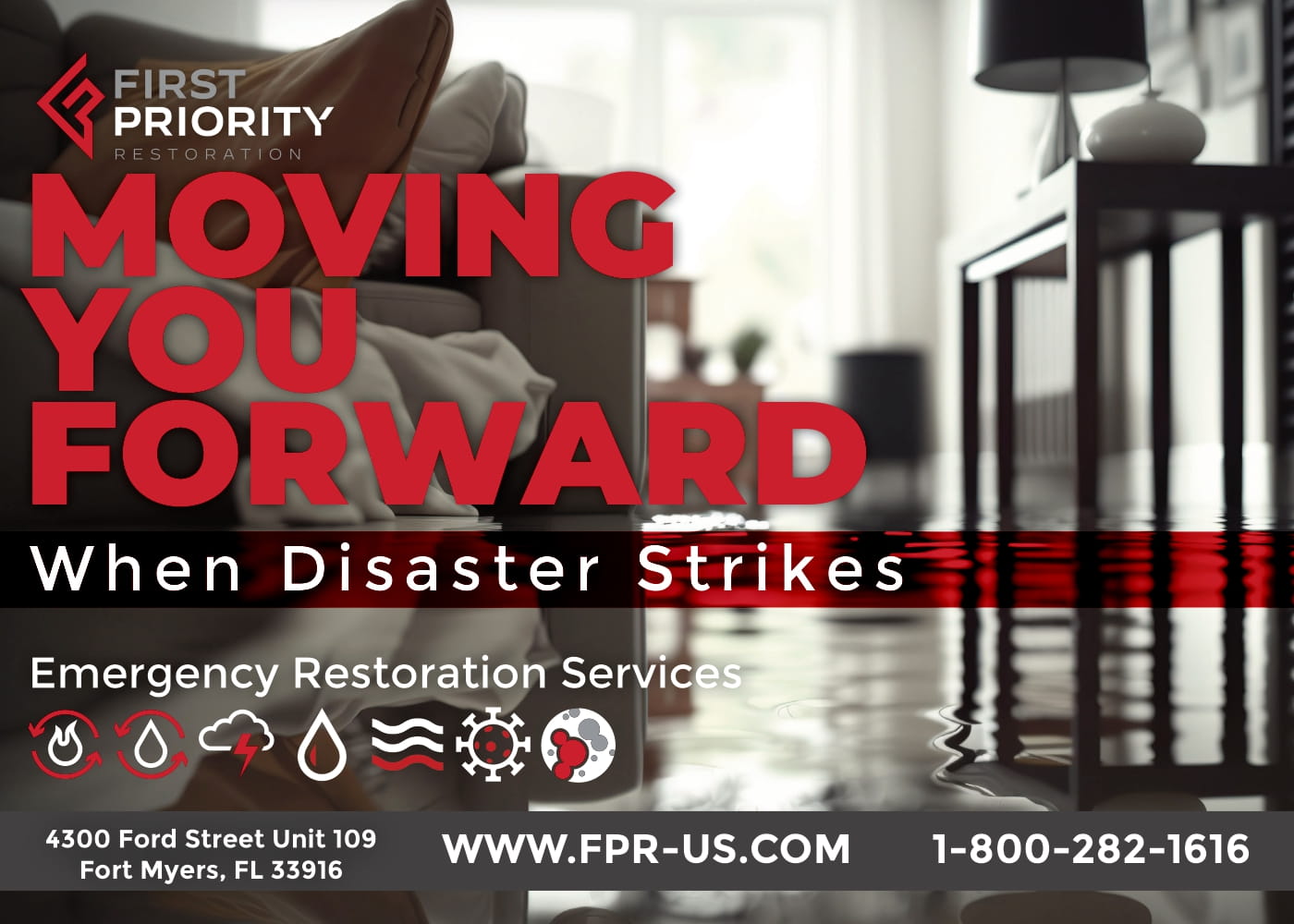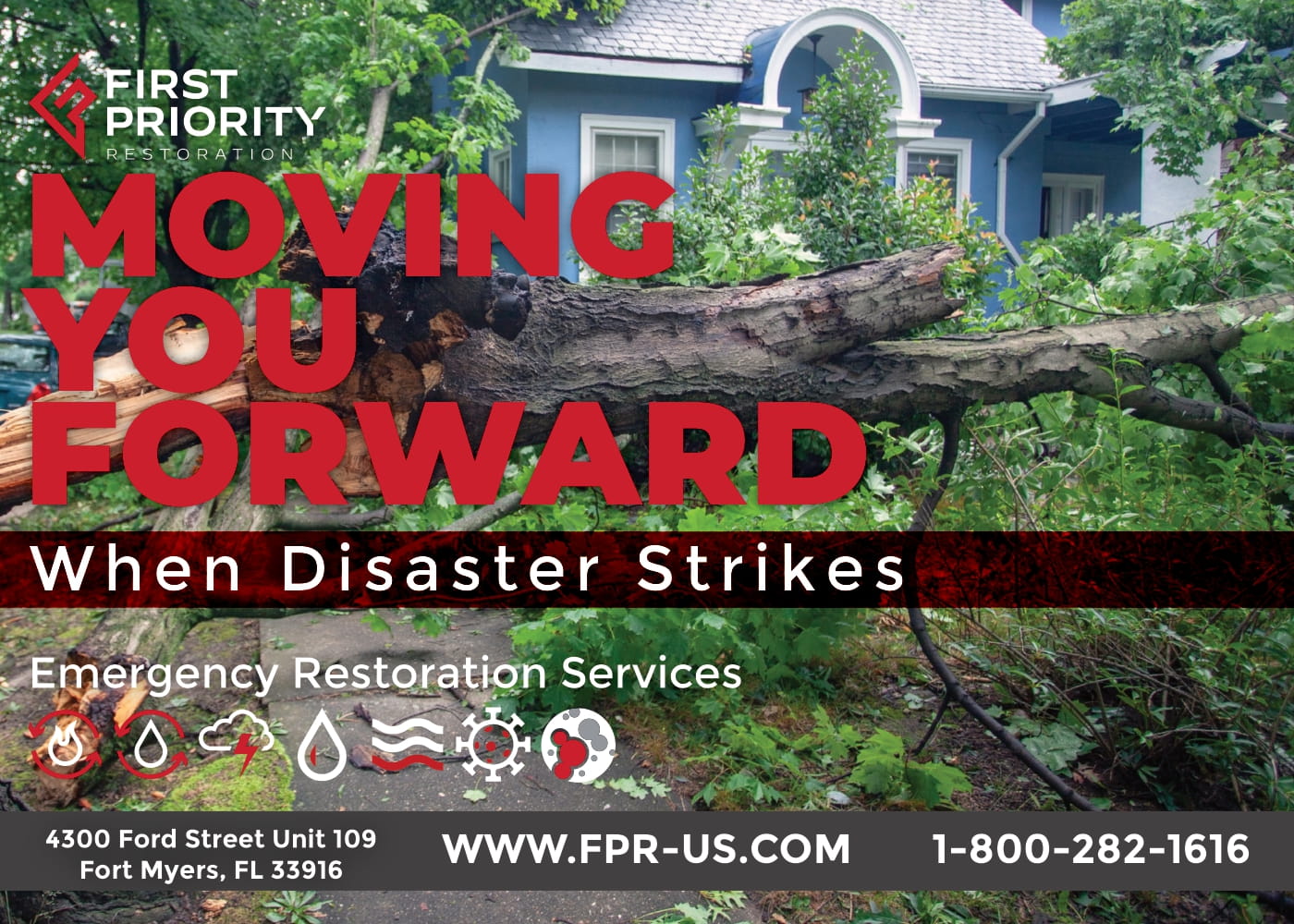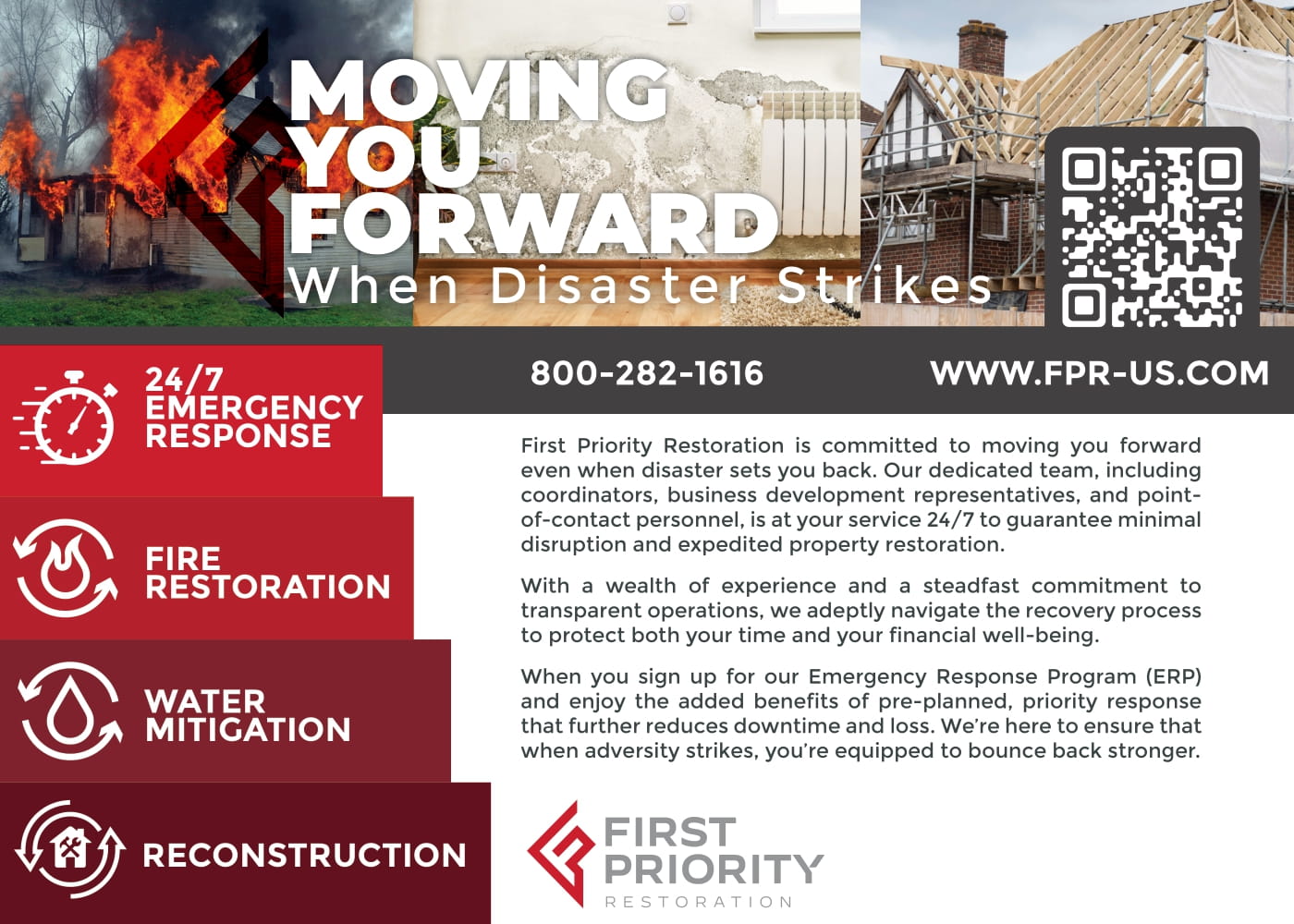Higher costs of imported goods boosts expenses, prices
President Donald Trump called Wednesday, April 2, “Liberation Day,” claiming that the new tariffs he is imposing on imported goods will free the United States from its reliance on foreign products.
The tariffs, which are taxes charged on goods from other countries, are impacting businesses and consumers around the world and across the United States, raising prices on everything from automobiles and steel imports to paper products and groceries.
The goal, according to Trump, is to boost domestic manufacturing and cut down on the nation’s $1.2 trillion trade deficit by making it more expensive for firms to ship their products into the U.S.
On Feb. 10, the White House imposed a 25 percent tariff on all steel and aluminum products imported into this country.
Many foreign nations have been charging tariffs on imported U.S. products for decades, and Trump said he is setting “fair and reciprocal” tariffs on imports from about 60 countries starting April 9.
Trump’s plan, announced April 2 in a news conference in the White House Rose Garden, includes a 10 percent baseline tariff on goods from all countries effective April 12.
On March 26, Trump signed a proclamation imposing a 25 percent tariff on imported automobiles and auto parts.
The April 2 announcement included a 34 percent tariff on China, on top of a recently imposed 20 percent tariff on Chinese goods, effectively setting the total tariffs on Chinese products at 54 percent.
Trump had previously set 25 percent tariffs on all goods from Canada and Mexico, and those two U.S. neighbors were exempt from any further tariffs announced April 2.
Toledo-area firms have been watching and monitoring tariff news closely, hoping to gauge the impact on their businesses and their customers.
“I don’t think it will be catastrophic to our business, but it certainly would affect our margins and profitability,” said Greg Shapiro, a principal of two Northwood-based companies that are being impacted by tariffs.
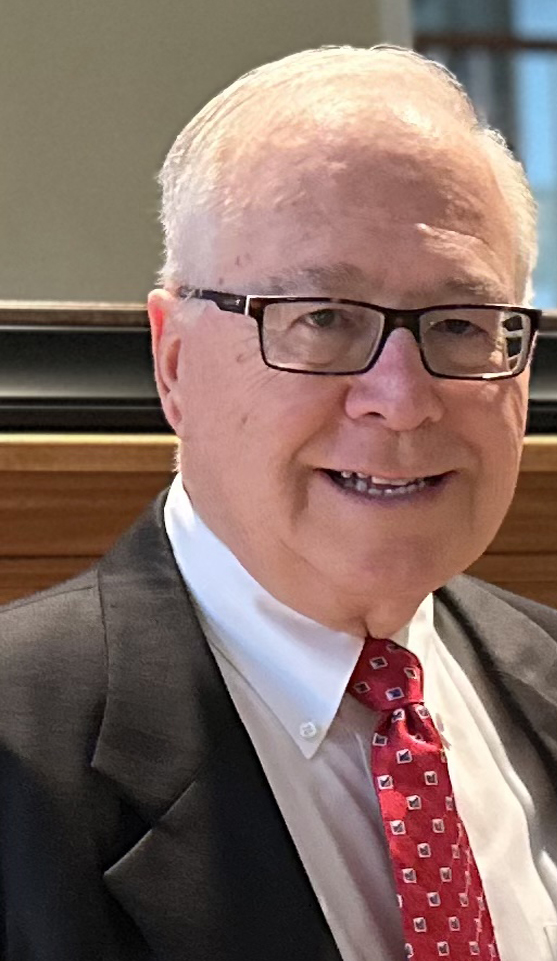
One of them, Envelope Mart USA, manufactures and prints millions of envelopes every day and distributes them to high-volume mailers across the U.S.
Shapiro’s other business, H.O.T. Graphic Services, is a regional printing company that serves corporate, creative and nonprofit clients.
“The tariffs are a concern but it’s not something we’re losing sleep over at the moment,” Shapiro said.
Most of the paper his companies buy is made in the United States, he said, but one of their U.S. paper suppliers notified him that some raw materials used to make their paper comes from Canada, Mexico and China.
“We’ve dealt with disruptions for years, not so much because of tariffs but because of supply and demand, when paper mills shut down facilities,” Shapiro said.
Some of the big mills have transitioned from plants making paper to making corrugated cardboard because of all the growth in packaging with Amazon and other retailers. There have been times when we’ve been put on allocation for the amount of paper we can buy.
Greg Shapiro
In addition to raising the cost of paper, Shapiro said tariffs on aluminum are impacting his businesses because they use aluminum plates for printing.
“It’s not a major cost for printers, but it’s significant. I’m sure we spend well into six figures every year on printing plates.”
The ink and glue used by Envelope Mart USA and H.O.T. are manufactured in the United States and should not be affected by tariffs, he said.
One of Envelope Mart’s main paper suppliers notified its customers in March that it plans to add a surcharge once the tariffs go into effect.
“That would not be a good development for us because of the high volume of paper purchased,” Shapiro said. “It’s kind of out of our control, but we would be forced to pass the added costs on to new business, new contracts. For contracts that are already in effect, we probably will have to absorb some of those costs.”
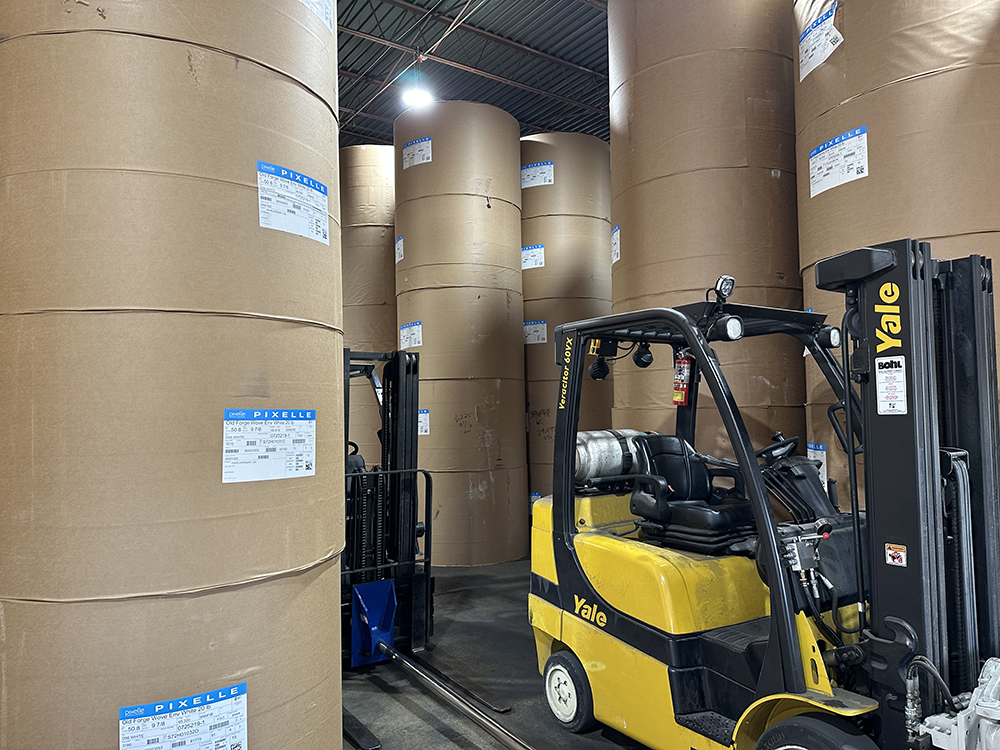
(Courtesy Photo/Greg Shapiro/Envelope Mart)
Jerry Hidalgo, president of Maumee-based Metric Metal/Parker Steel, said the majority of the steel and aluminum they purchase comes from Europe.
Metric Metal, as reflected in its name, specializes in metric-sized metals and sells bars, tubes, plates and sheets of steel, aluminum, copper, brass and carbon to firms across the U.S. and around the world.
“We’re a small company that buys relatively small quantities of a lot of different items,” Hidalgo said. “We’re not the target of the tariffs, but we’re collateral damage.”
Hidalgo said his company has been dealing with tariffs since mid-February.
“Everything we sell is manufactured to millimeters, and the majority of our products come from Europe, where metric is the standard.
The tariff on aluminum was 10 percent, and now it’s 25 percent. If the tariffs impact us, it makes it more expensive for our customers, certainly. If we’re selling into Canada, the tariff has to be included in the cost.
Jerry Hidalgo
“The tariffs will make it more expensive for our customers. Like most businesses, when you get an increase in your expenses, it has to be passed along to the consumer,” Hidalgo noted.
Hidalgo said Metric Metal/Parker Steel focuses on customer satisfaction. For example, he said that phone calls to the firm are answered personally by sales people, not a voicemail system. And when a customer calls to place an order, 96 percent of the time the product is shipped that same day.
Hidalgo said the tariffs on imported metals could have a silver lining for the American steel industry.
“Domestic steel mills will be in a position to be able to raise their price because the price coming from outside of the U.S. is being raised,” he said. “Tariffs will create more room for the domestic mills to be able to raise prices.”
Will your business be impacted by the tariffs? Let us know. Contact us at editor@toledofreepress.com.


